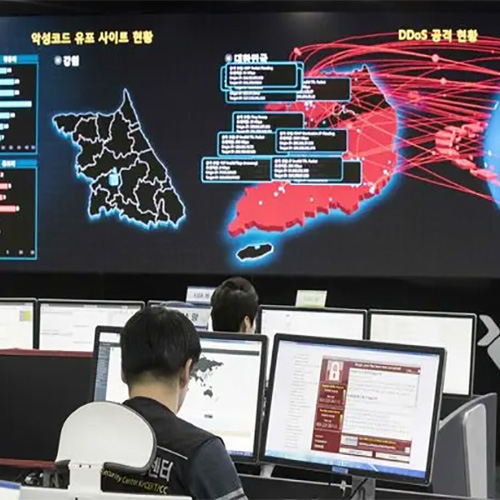
The policy reflects a compromise between promoting local production and addressing the concerns of global tech companies
Aimed at preventing supply shortages and fostering local manufacturing, the Centre has announced a liberalised approach to importing laptops and tablets for 2025. This policy includes a mid-year review to assess demand and adjust import approvals accordingly, ensuring a seamless transition to increased domestic production without supply chain disruptions.
To boost local manufacturing, the government plans to reduce imports of laptops and tablets by 5% annually, with the shortfall being compensated by domestically produced products. By mid-2025, local production is expected to commence for all major laptop and tablet brands, formalising this shift. A consensus between the government and manufacturers is anticipated regarding the base year for calculating this gradual transition.
While imports of laptops and tablets remained unrestricted in 2024, the government introduced an import management system instead of a stringent licensing regime. Under this system, IT hardware companies were required to register and provide import data, offering oversight without imposing strict restrictions. Initially set to expire in September 2024, this system was later extended until December 31, 2024, giving manufacturers additional time to align with the government’s domestic production goals.
From January 1, 2025, importers will need new authorisations to bring laptops and tablets into India, according to a circular from the Directorate General of Foreign Trade (DGFT). Further details on the authorisation process are expected, shaping the framework for balancing imports and local production.
The government’s strategy adopts a “carrot-and-stick” approach, granting companies sufficient time to establish domestic manufacturing capabilities while monitoring imports. The policy reflects a compromise between promoting local production and addressing the concerns of global tech companies.
In August 2023, the government’s initial plan to impose strict import restrictions faced pushback from industry giants, including Dell, Apple, Lenovo, and HP, who warned of potential supply chain disruptions. Responding to these concerns, the government postponed the restrictions, opting instead for a phased approach that supports both local manufacturing and industry stability.
By fostering collaboration between industry stakeholders and policymakers, the Indian government aims to balance its goals of reducing import dependency and expanding the domestic manufacturing sector.
See What’s Next in Tech With the Fast Forward Newsletter
Tweets From @varindiamag
Nothing to see here - yet
When they Tweet, their Tweets will show up here.





























